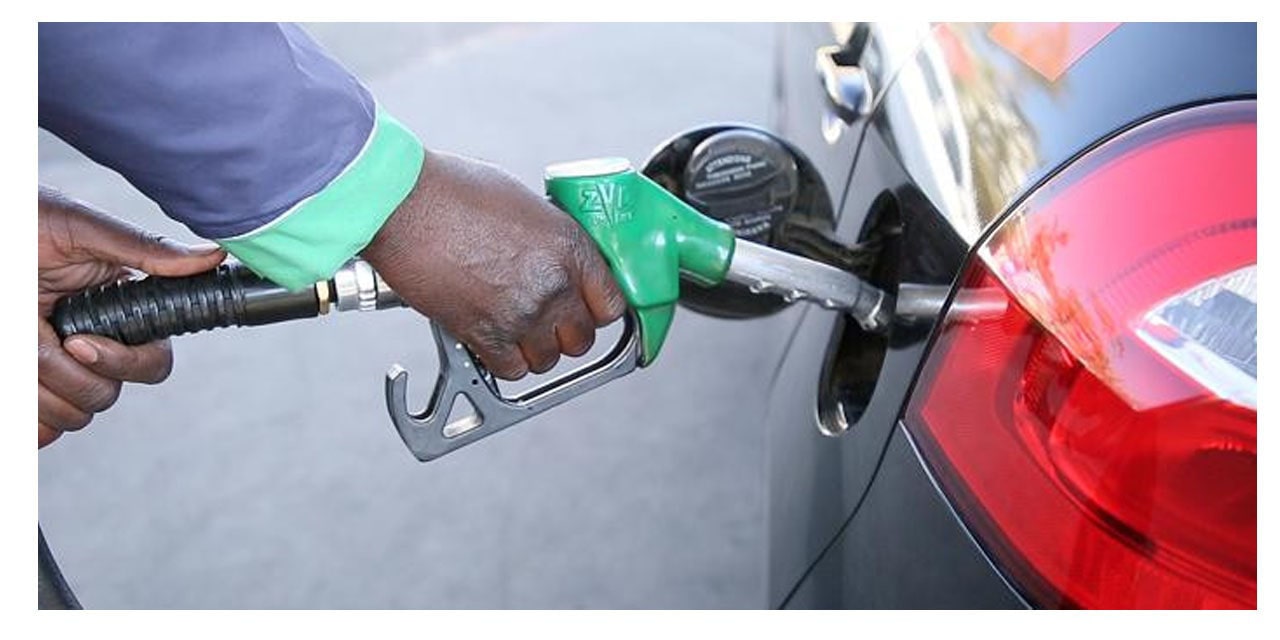Tujoromajo Kasuto
Higher international oil prices have manifested in the Namibian economy, as a higher bill for fuel, with the import bill now having skyrocketed by 119.6 percent to N$5.4 billion in the first quarter of 2022 compared to the first quarter of 2021.
According to the Bank of Namibia’s Quarterly Bulletin for June 2022, this is due to higher international oil prices caused by the Russia-Ukraine war, as well as an increase in imported volumes, which put upward pressure on the import bill for mineral fuels.
‘’Mineral fuel makes up a substantial share of total imports and has been a major contributor to Namibia’s merchandise trade deficit and subsequently the current account deficit. Namibia’s mineral fuel imports as a percentage of total imports rose from 14.7 percent in the first quarter of 2021 to 22.4 percent in the first quarter of 2022,’’ states the report.
As a result, based on the bulletin the rise in fuel prices caused by the war has a negative impact on the trade balances of fuel-importing countries, is constraining real disposable income, and may reduce consumption and investment.
Meanwhile, the Ministry of Mines and Energy announced last Friday that petrol prices will rise by N$1.88 cents per litre, while diesel prices will rise by N$1.34 cents per litre.
The Ministry stated that these adjustments are being made to ensure pricing equilibrium in the international and domestic market, as well as to account for increases in oil prices per barrel and shipping costs.
Thus, the new fuel prices in Walvis Bay will be N$22.28 for petrol and N$22.77 for diesel.
The rest of the country’s fuel prices will also be adjusted accordingly. These changes will take effect at 00:01 on July 6, 2022.
Furthermore, the National Energy Fund (NEF) will cover the entire under-recovery recorded between 01-30 June 2022 on behalf of fuel consumers via the fuel equalisation levy. This equates to approximately N$142 million.
Andreas Simon, Senior Public Relations Officer at the Mines of Ministry, stated that the situation in the oil market does not appear to be improving, so in order to mitigate price increases, ‘’the Ministry is currently exploring with vigour various alternative fuel procurement strategies for Namibia to stabilise the fuel prices in the country’’.
He however stated that, ‘’It is further expected that the high prices recorded in recent weeks and months probably signify the peak of this global crisis in the oil market, and that more positive developments are to be expected soon’’.
This comes amid looming fears of a global economic recession, according to Simon.
According to the ministry’s most recent calculations, the average price for Unleaded Petrol 95 from 01 to 24 June 2022 was US$159.795 per barrel (compared to USD146.104 per barrel at the end of May 2022), an increase of approximately US$13.
Furthermore, the average price for Diesel 50ppm from 01 to 24 June 2022 is US$166.224 per barrel (compared to USD 151.739 per barrel at the end of May 2022), representing a US$15 per barrel increase over the review period.
The exchange rate for the period of 01-24 June 2022 show that the Namibia Dollar has recorded a minor appreciation against the USD, standing at N$15.7606 per USD (compared to N$15.8590 per USD at the end of May 2022).
Simon said this minor currency appreciation has a negligible impact on the import parity price calculations.




